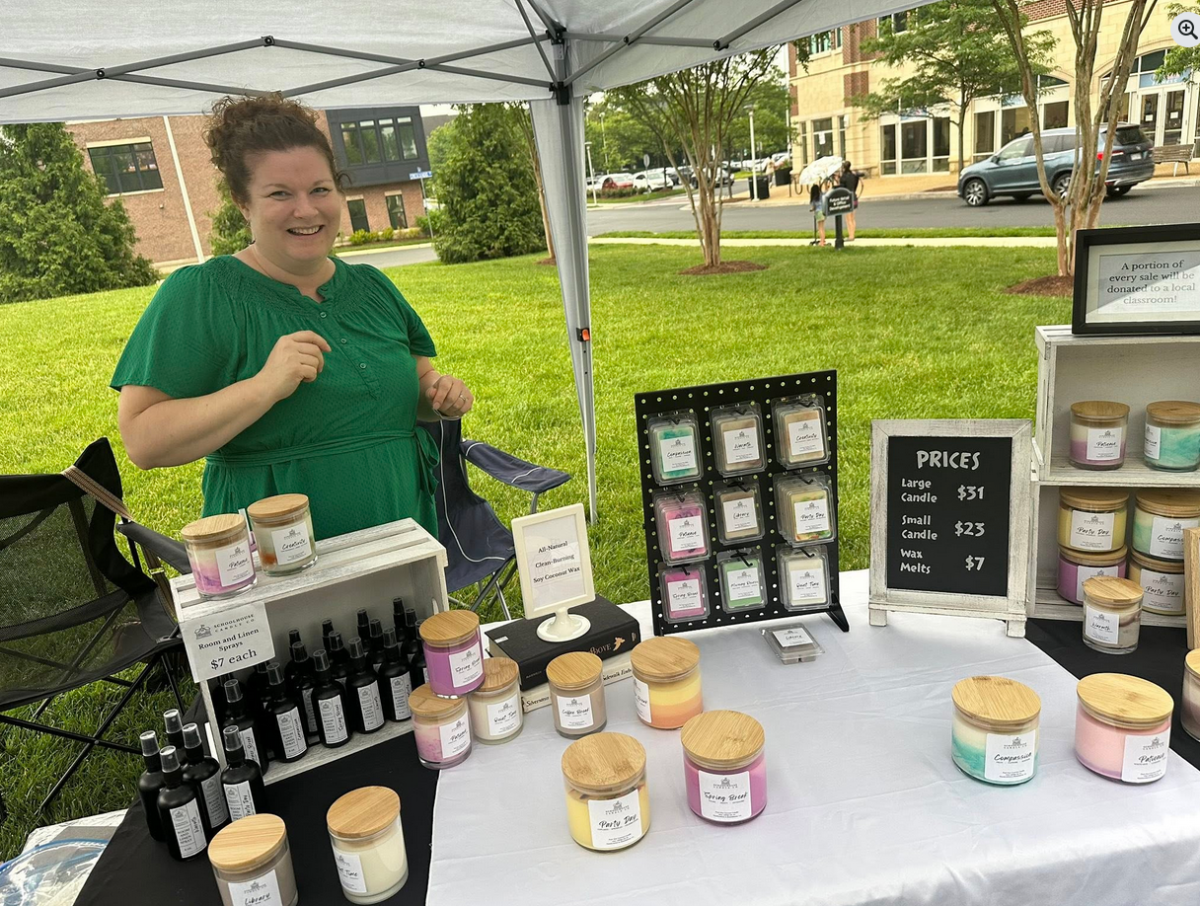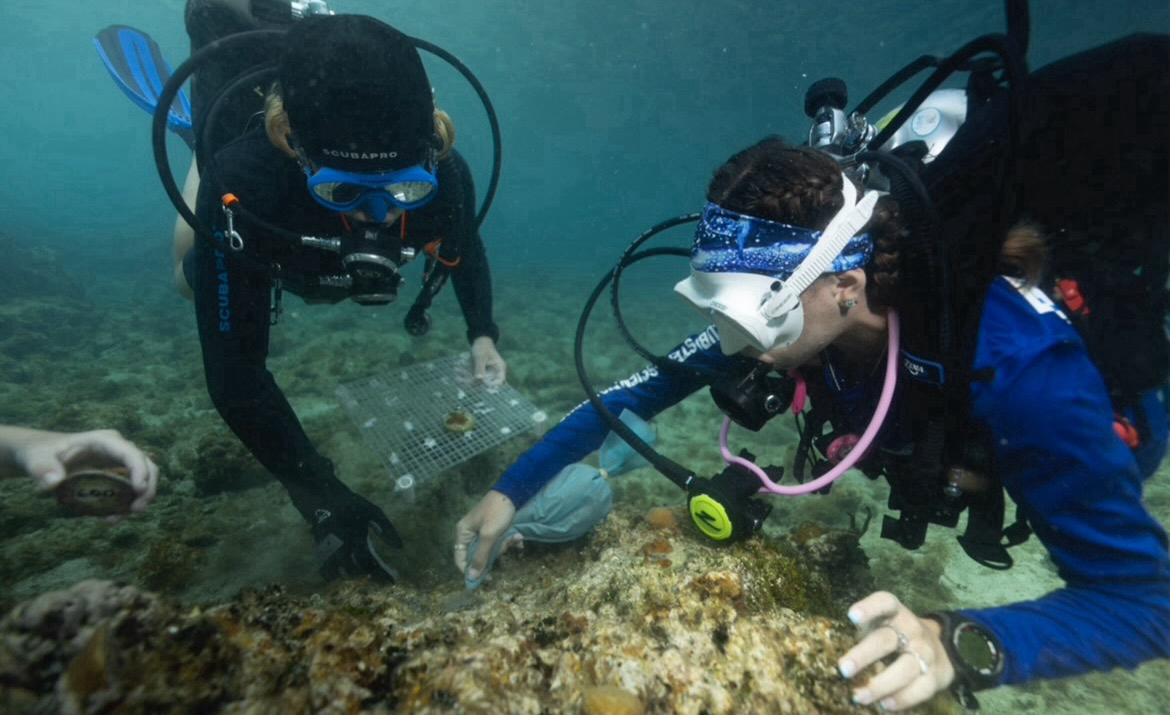On January 31, 2020 the U.S. Food and Drug Association or FDA approved a new drug called Palforzia. Palforzia is a type of oral immunotherapy using peanut powder that lowers the risk of anaphylaxis in people with peanut allergies. Linda Herbert of Children’s National Health System states, “The stress and anxiety as a result of food allergies is comparable to that of other chronic illnesses.” With the FDA’s approval of Palforzia, some families’ stress and anxiety may be put at ease.
To prove to the FDA that Palforzia was both safe and effective, the manufacturers had to complete a study. Around 500 people from Canada, the U.S., and Europe with peanut allergies participated. These individuals ate the peanut powder in semisolid food and as the study went on, the patients received additional amounts of peanut powder each time until they reached the end of the study. Some individuals unknowingly ate a placebo which was used to show the different outcomes of people who ate the peanut powder and people who thought they were eating peanut powder. Those who did get placebo the first time had the option of doing the study again and consuming the real product. To test the differences between the people who ate peanut powder and the people who ate placebo, researchers had a food trial at the end of the study in which the dose went up to 6oo mg of peanut powder which is double the amount of a regular maintenance dose.
Around 32 million Americans have food allergies and 6.1 million of those Americans are allergic to peanuts. With the new Palforzia drug, these people can now go to birthday parties, sit with friends during lunch at school, or eat places they never could before. However, Palforzia isn’t perfect for everyone. Some side effects include anaphylaxis, trouble breathing, chest discomfort, throat tightness, swelling, dizziness, fainting, stomach pain, vomiting, diarrhea, hives, and rashes. Palforzia can’t cure a person of a peanut allergy and doesn’t make someone able to eat products that contain peanuts. It does lower the risk of allergic reactions to peanuts. Dr. Brian Vickery, who works at Emory University in Atlanta as an associate professor of pediatrics, explains, ”It doesn’t reverse the allergy or take it away. The purpose of this treatment is to protect people from accidents… You still have to drive the speed limit, but now you have a seat belt.”






